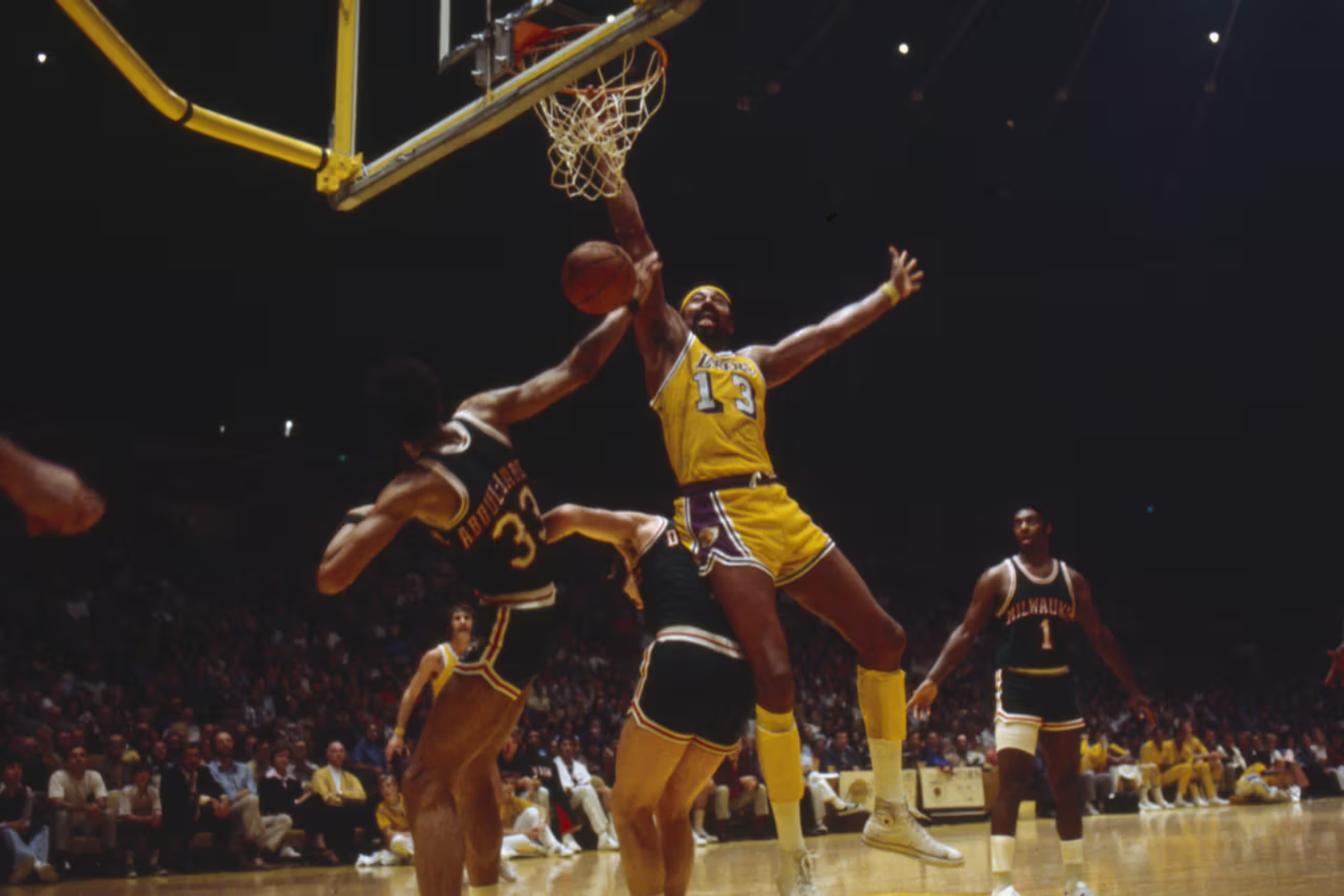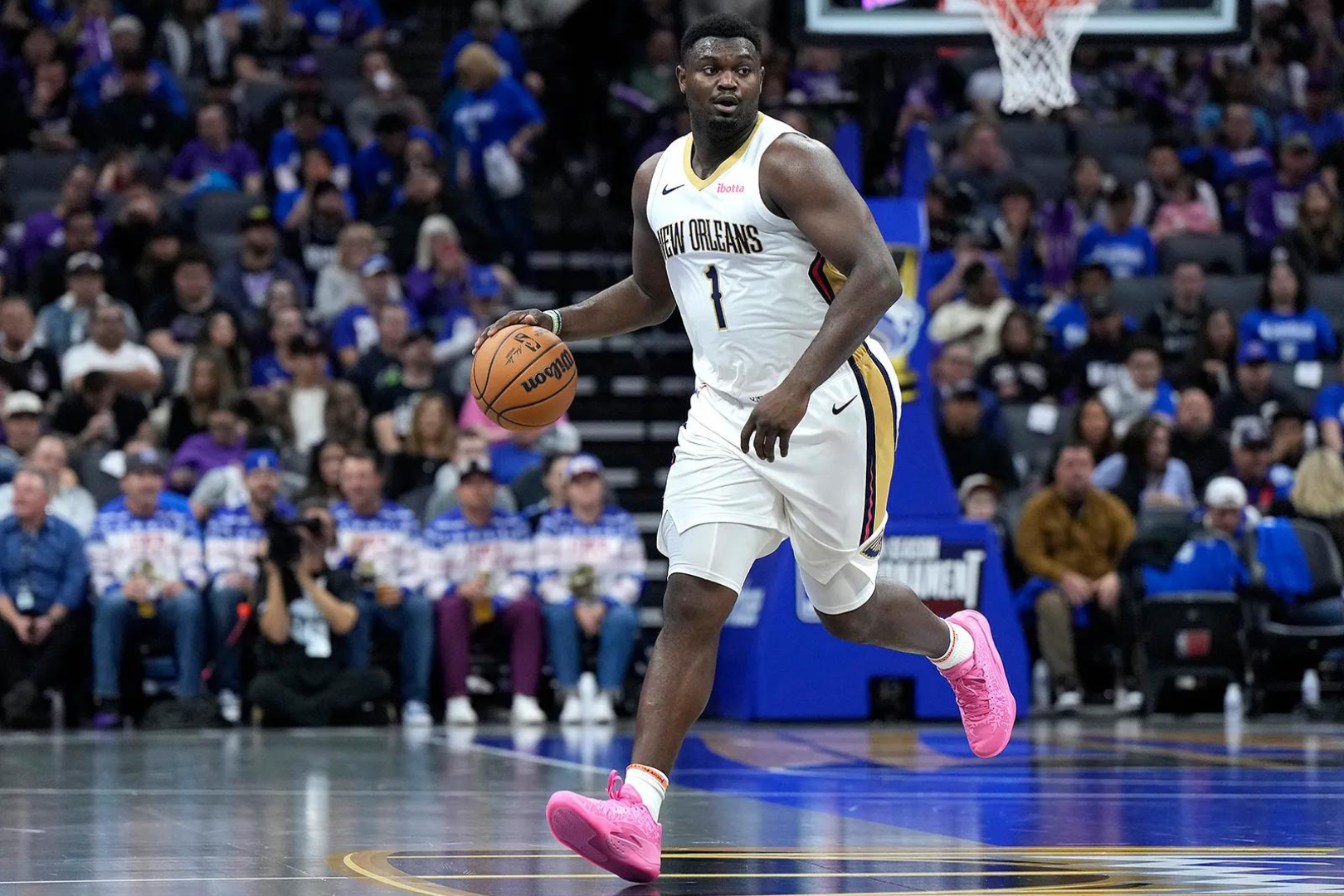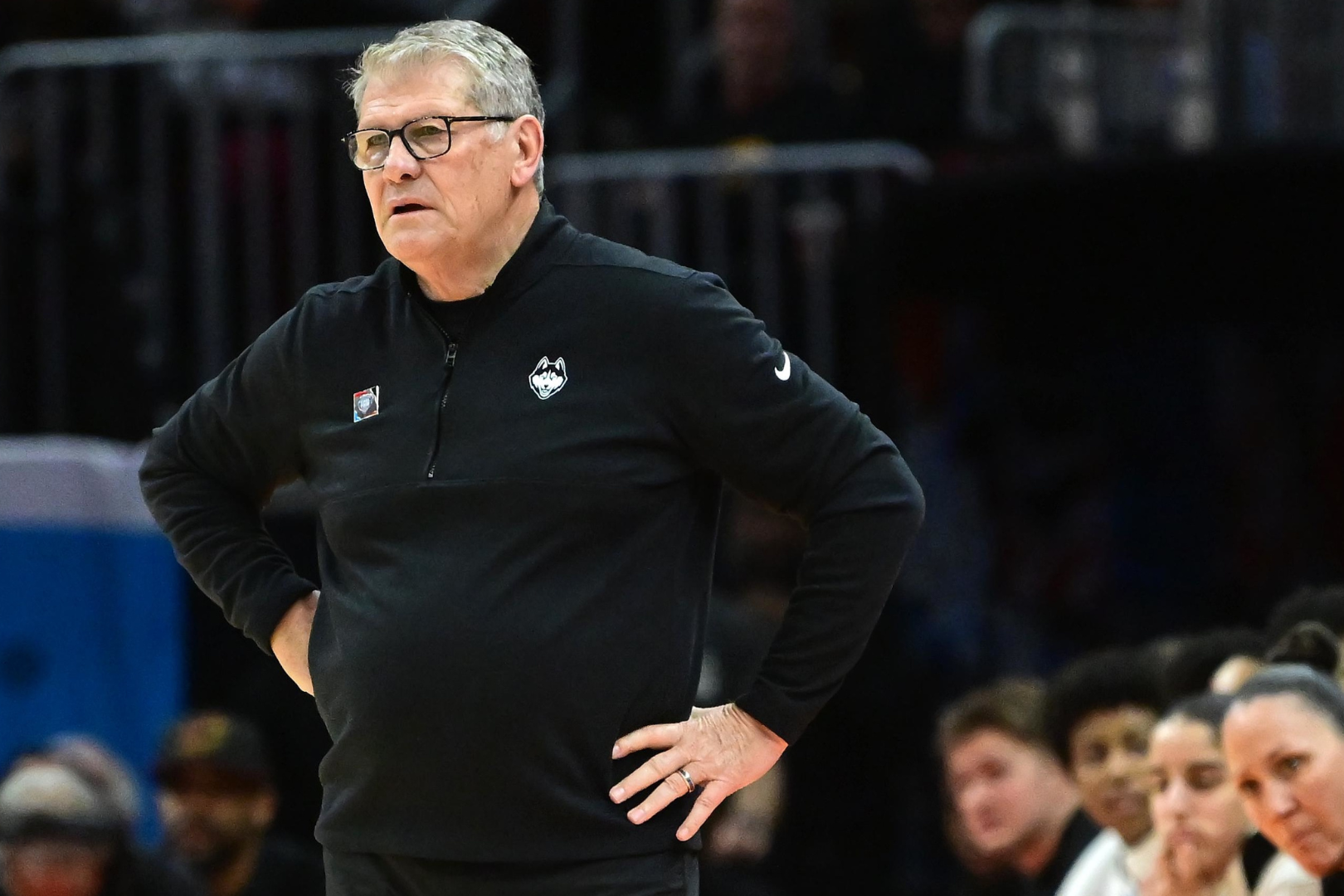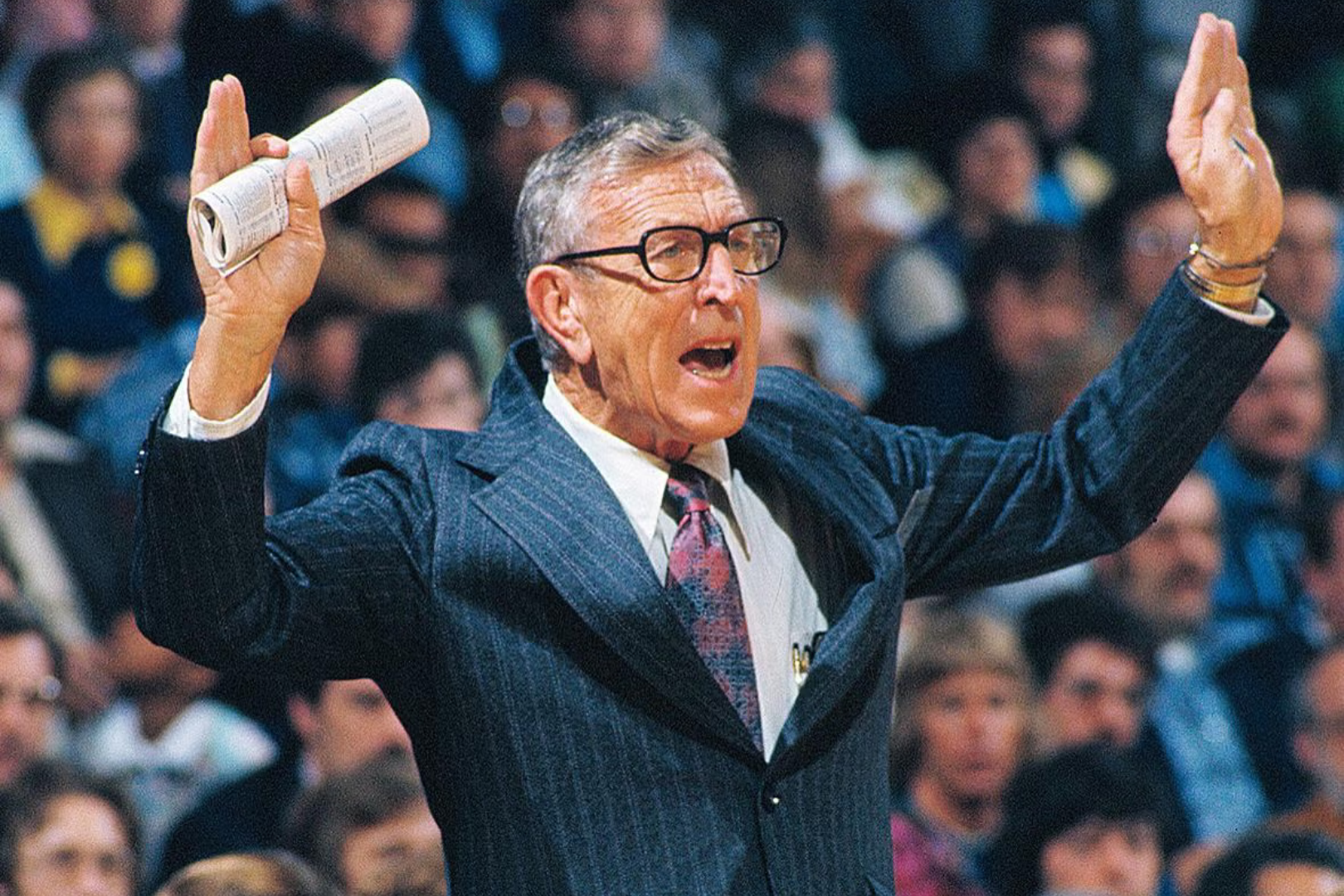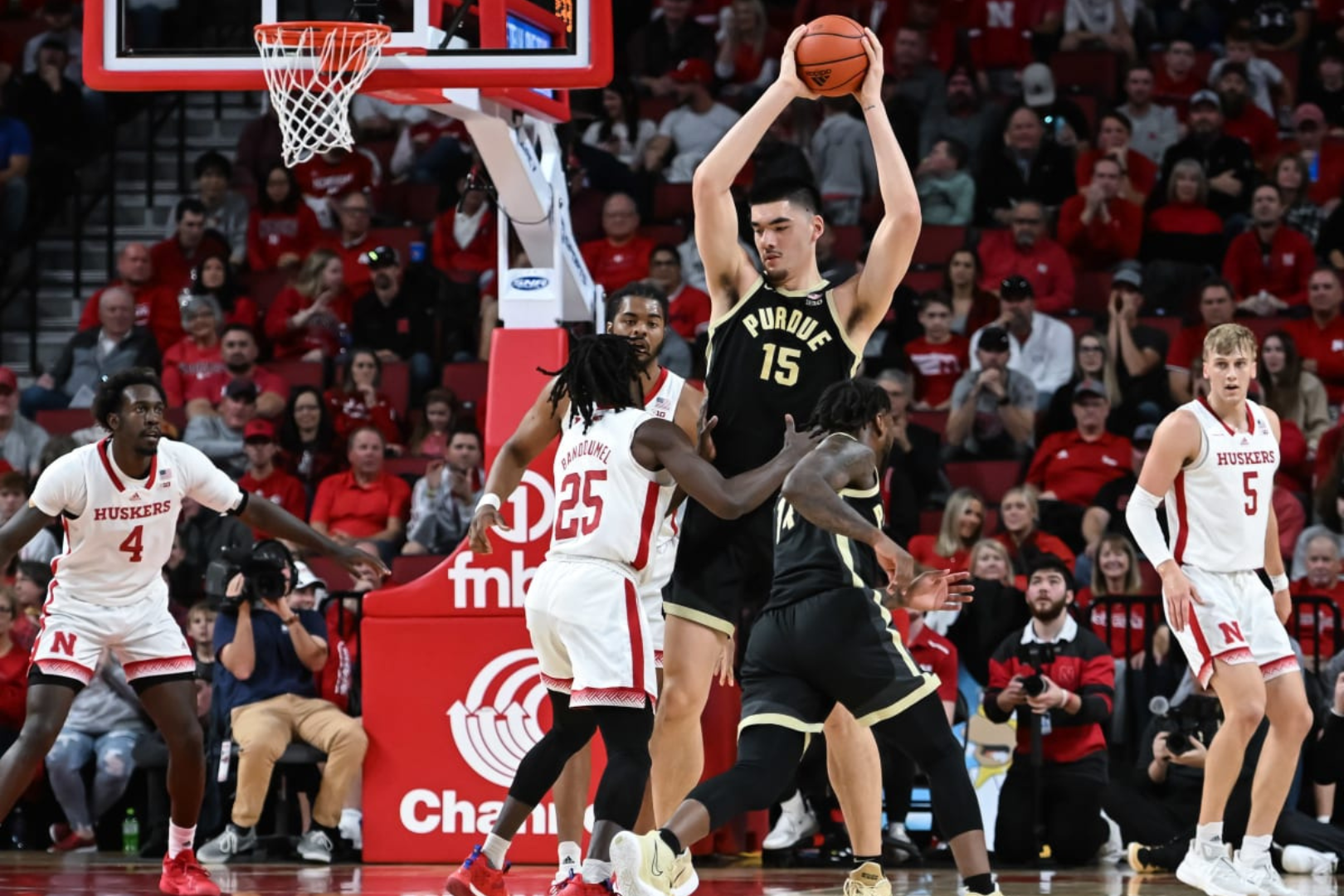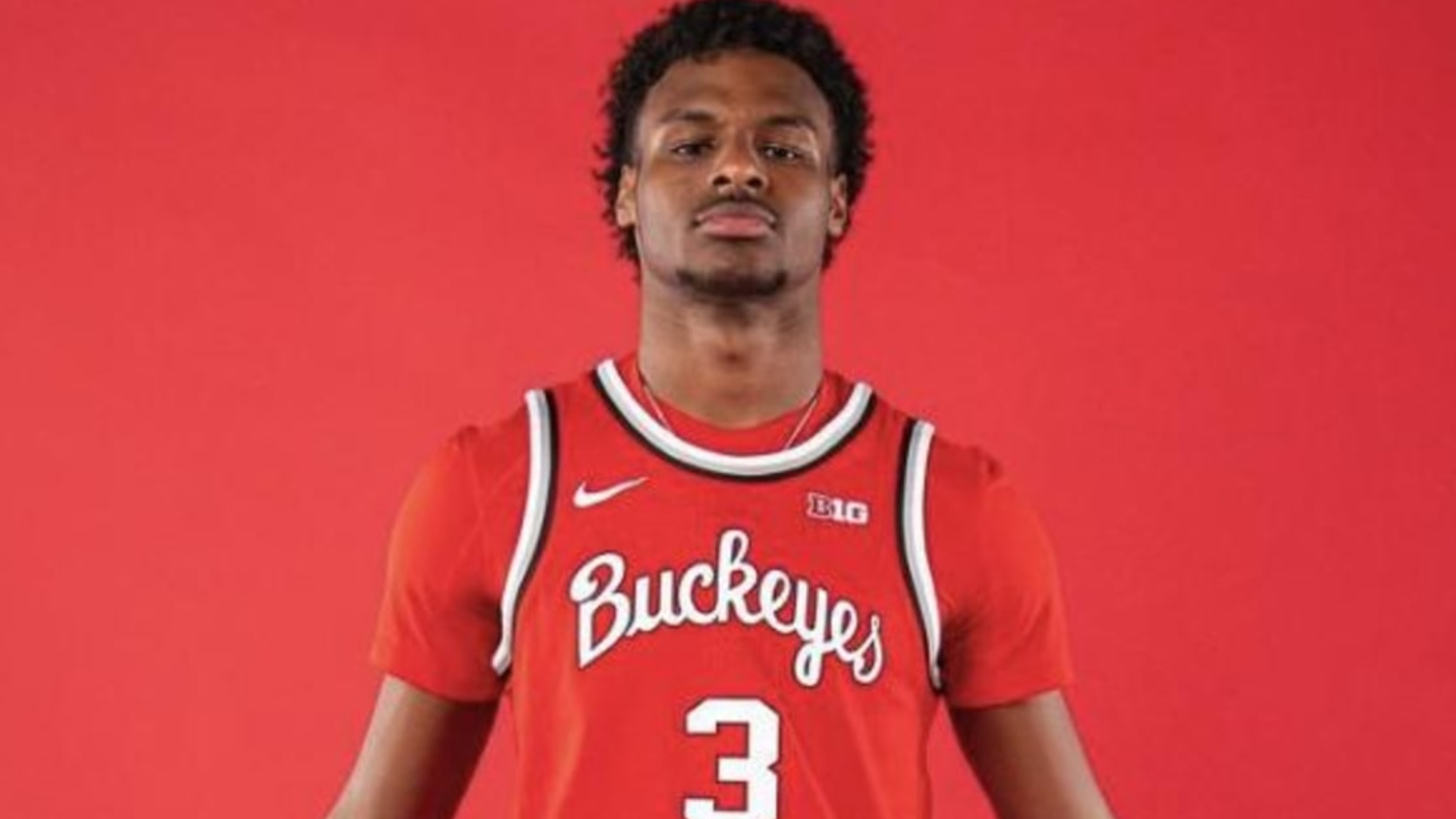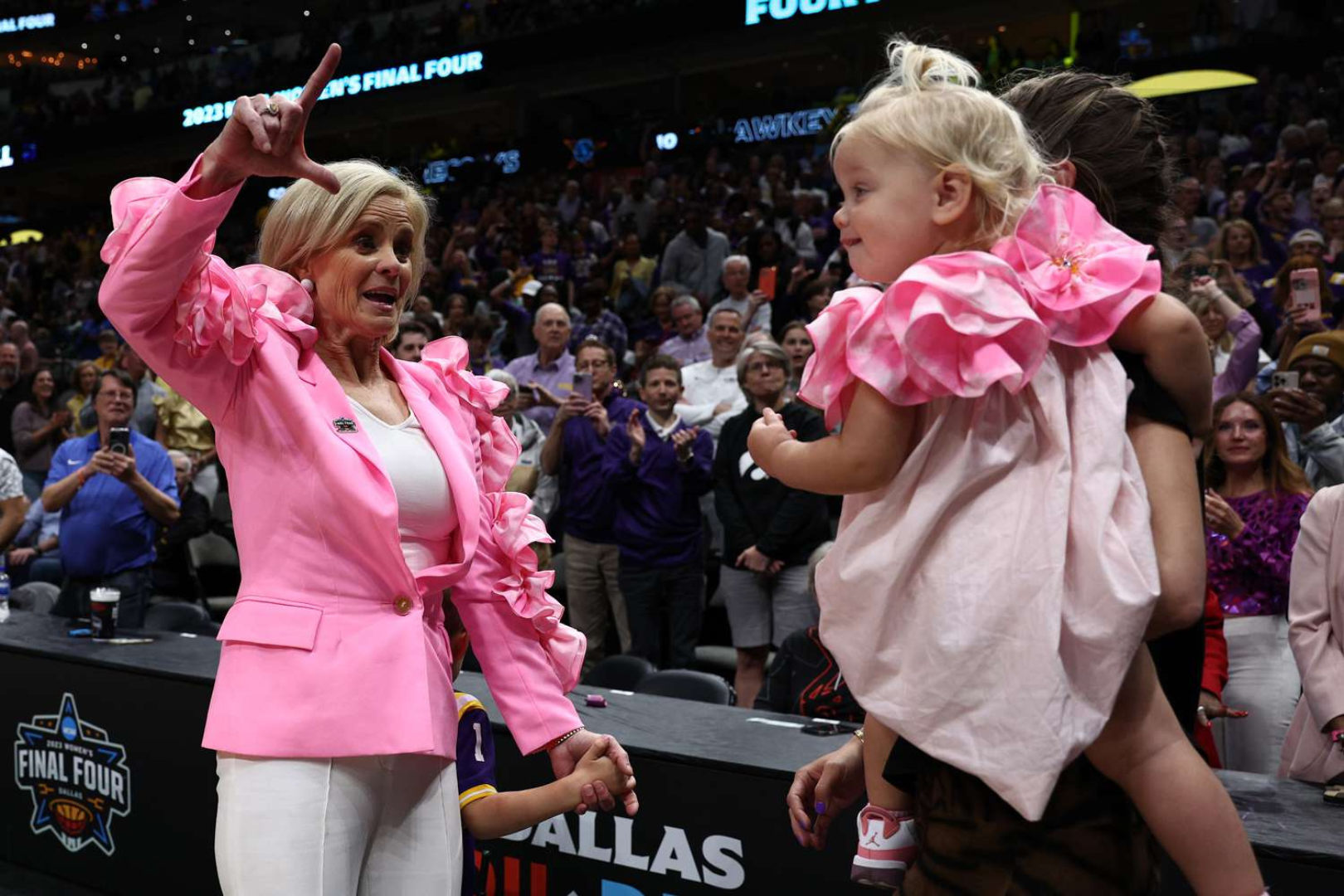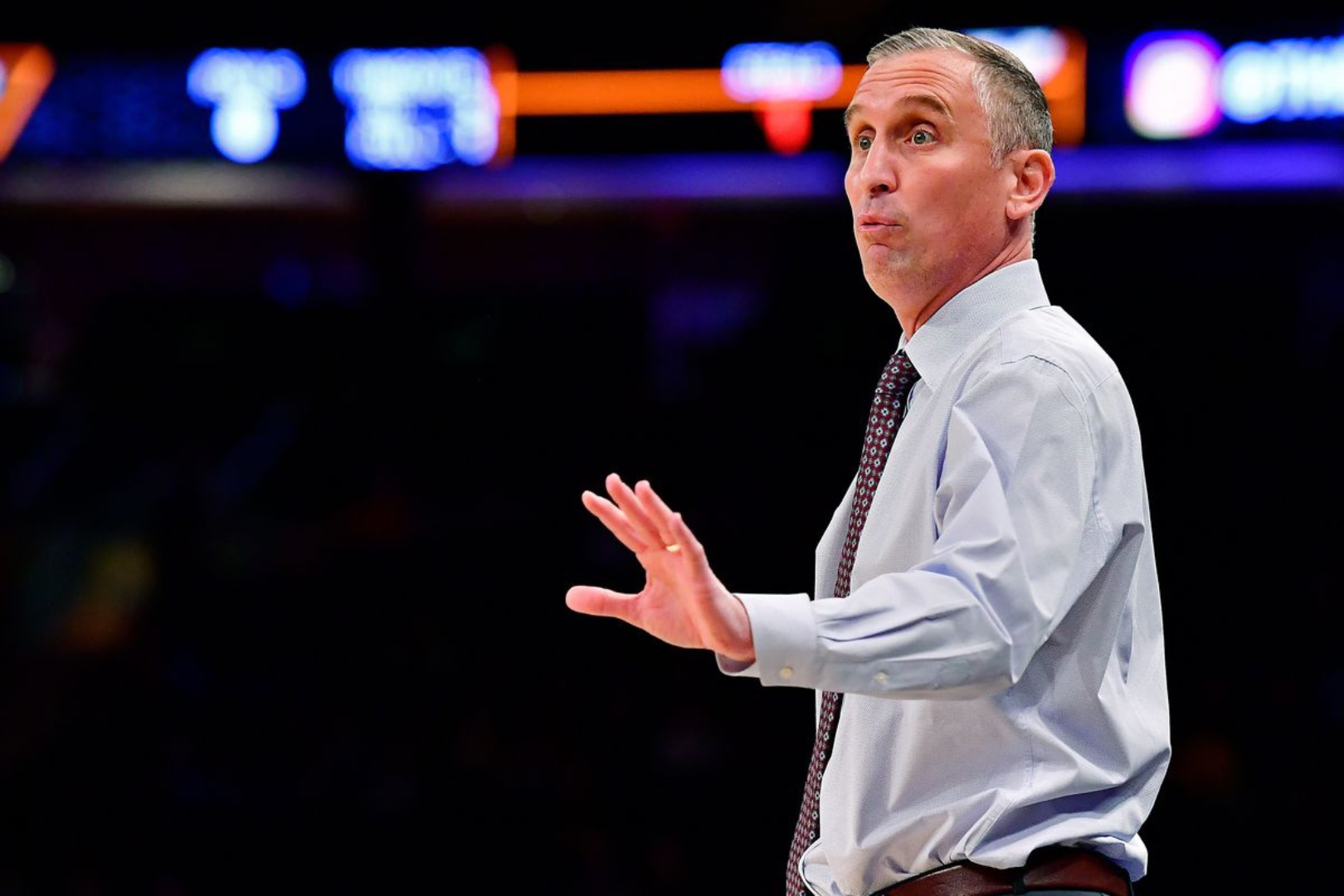
What is prohibited under NIL?
What is prohibited under NIL?
By Justin Rubin July 14, 2023 14:00
The NCAA's new Name, Image, and Likeness (NIL) rules have opened a new era in college sports, allowing student-athletes to monetize their NIL without restrictions. While the rules bring many benefits, they also come with some limitations. In this article, we will explore what is prohibited under NIL and what student-athletes need to know to avoid violating the rules.
First, it's important to understand that the NIL rules prohibit certain types of compensation and endorsements. Specifically, student-athletes cannot receive compensation for their athletic performance or participation, such as payment for wins, statistics, or playing time. They also cannot receive compensation for attending a particular college or university, either directly or indirectly.
Additionally, student-athletes cannot receive compensation from boosters or other individuals or entities that may seek to influence their athletic participation or outcomes. This includes payments for recruiting or retaining the athlete, or any other arrangements that may give the booster or entity undue influence over the athlete.
Another area where student-athletes need to be cautious is in the use of their university's name, logo, or other intellectual property. While the NIL rules allow student-athletes to use and profit from their own NIL, they do not give them the right to use their university's intellectual property without permission. Student-athletes must obtain a license or permission from their university before using any logos, trademarks, or other intellectual property in their endorsements or social media activity.
Similarly, student-athletes must also avoid any endorsement deals that conflict with their university's existing sponsorship agreements. For example, if a university has a sponsorship agreement with a particular brand or company, student-athletes cannot enter into an endorsement deal with a competing brand or company without violating the NIL rules.
Another area where student-athletes need to be cautious is in the use of their social media accounts. While social media can be a powerful tool for promoting their brand and generating income, student-athletes must also be careful not to violate any NCAA rules or guidelines. For example, they cannot use their social media accounts to promote any prohibited products or services, such as alcohol, tobacco, or gambling. They also cannot use their accounts to make false or misleading statements or to engage in any conduct that would reflect poorly on their university or the NCAA.
It's worth noting that the NIL rules do not apply to all student-athletes equally. Different states have different laws and regulations regarding NIL, and some universities may have their own rules and guidelines beyond those set forth by the NCAA. Student-athletes should consult with their university and legal counsel to ensure they are complying with all relevant rules and regulations.
Finally, it's important to remember that the NIL rules are still relatively new and evolving. The NCAA and universities are still working out the details of how the rules will be enforced and how they will impact the college sports landscape. As such, student-athletes should stay informed and be prepared to adapt as the situation evolves.
In conclusion, while the new Name, Image, and Likeness rules present exciting new opportunities for student-athletes to monetize their NIL, they also come with some limitations and restrictions. Student-athletes must be cautious not to violate any NCAA rules or regulations, particularly in the areas of compensation, intellectual property, social media, and university sponsorship agreements. By staying informed and working closely with their university and legal counsel, student-athletes can navigate the new NIL landscape while avoiding any potential pitfalls.














































